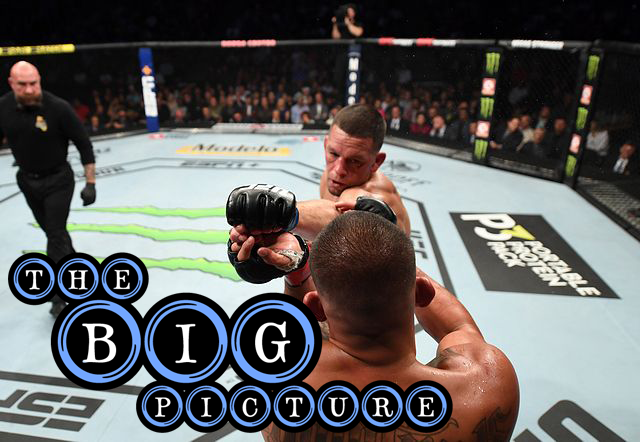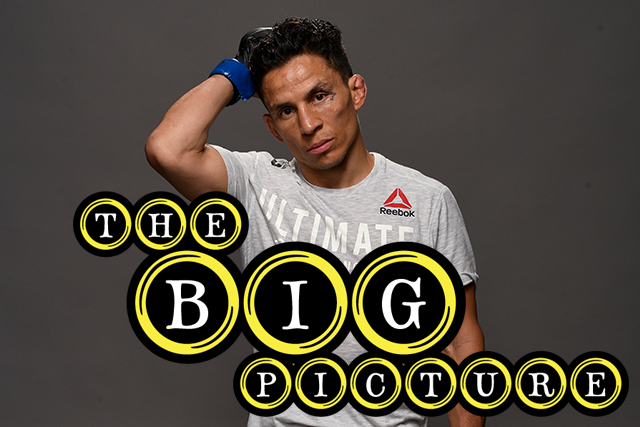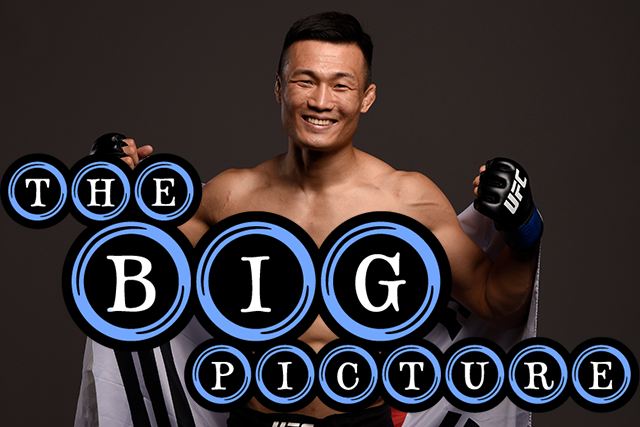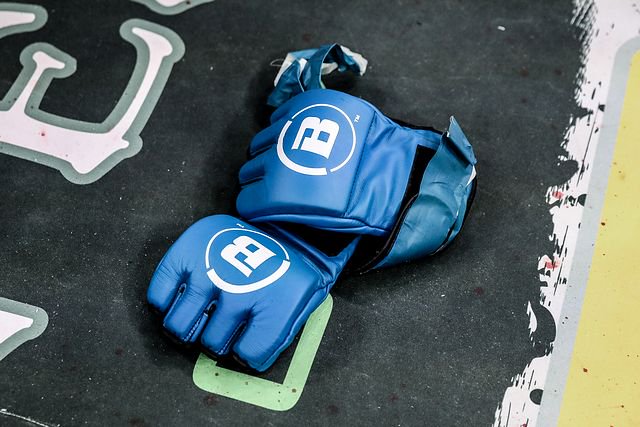Rarely is it a good sign when those who report the news become the news.
On August 23rd, Conor McGregor appeared on ESPN for some damage control. Footage of McGregor punching a 50-year-old man in a pub in April started to make the rounds online, and as such, the former two-division Ultimate Fighting Championship titleholder needed a helping hand to rehabilitate his public image. Enter ESPN’s Ariel Helwani.
Helwani is the most prominent media member in MMA and works for the biggest media brand in all of sports, so it was sensible for McGregor to seek out this platform. However, there’s more to it than just good sense. Helwani also happens to be king of the media softball league, known more for cozying up to fighters and managers than for any substantive journalistic effort. For McGregor, who in the last two and a half years has inflicted more violence outside of competition than inside of it, Helwani was the best possible sparring partner to make him look good since Paulie Malignaggi…





